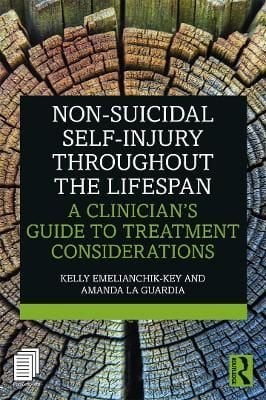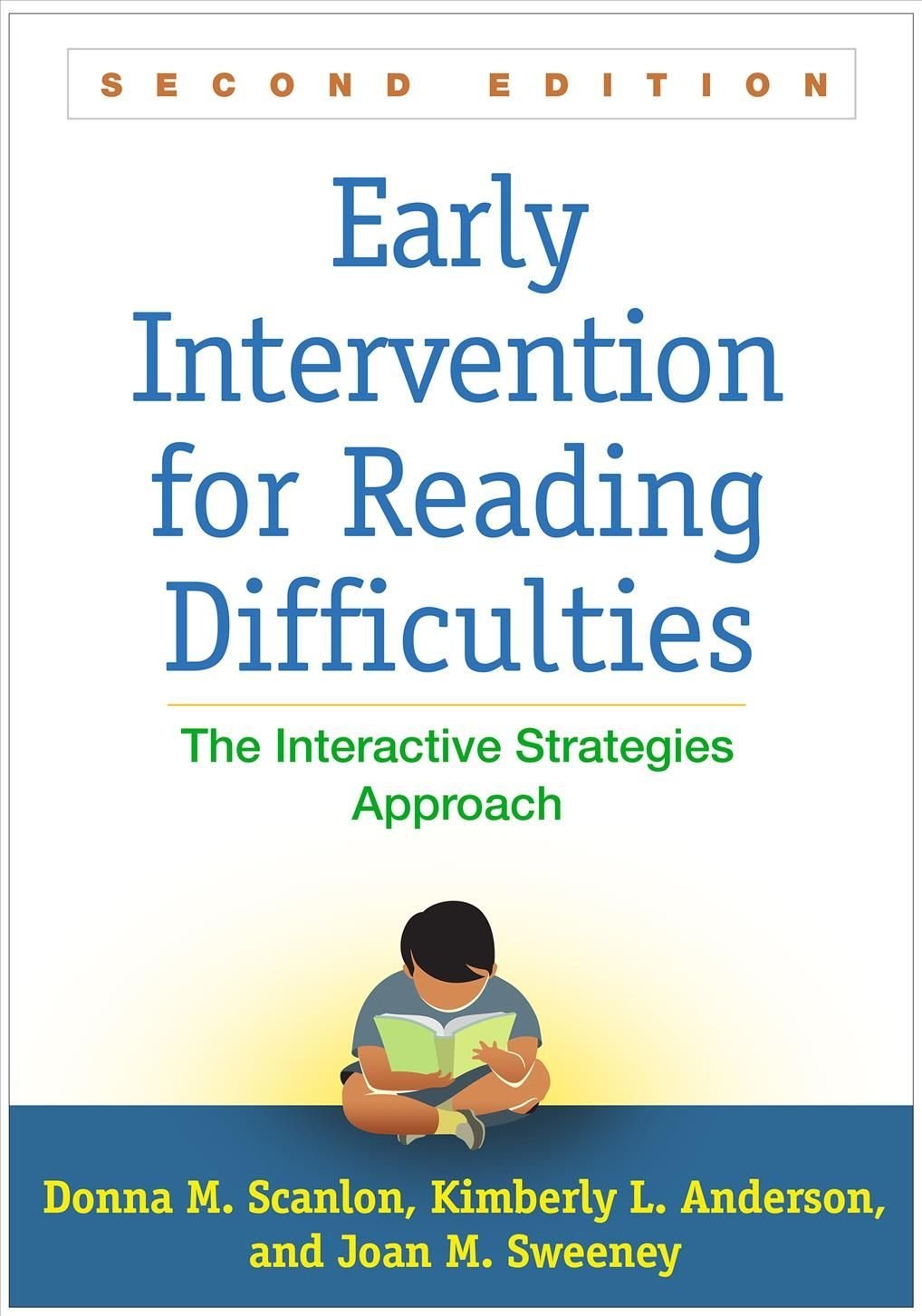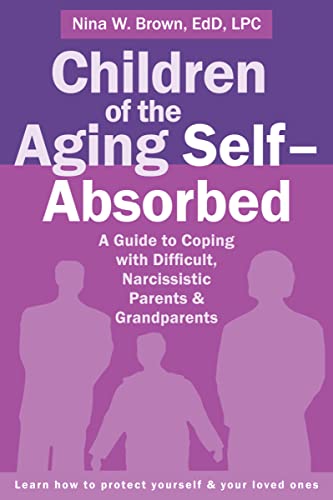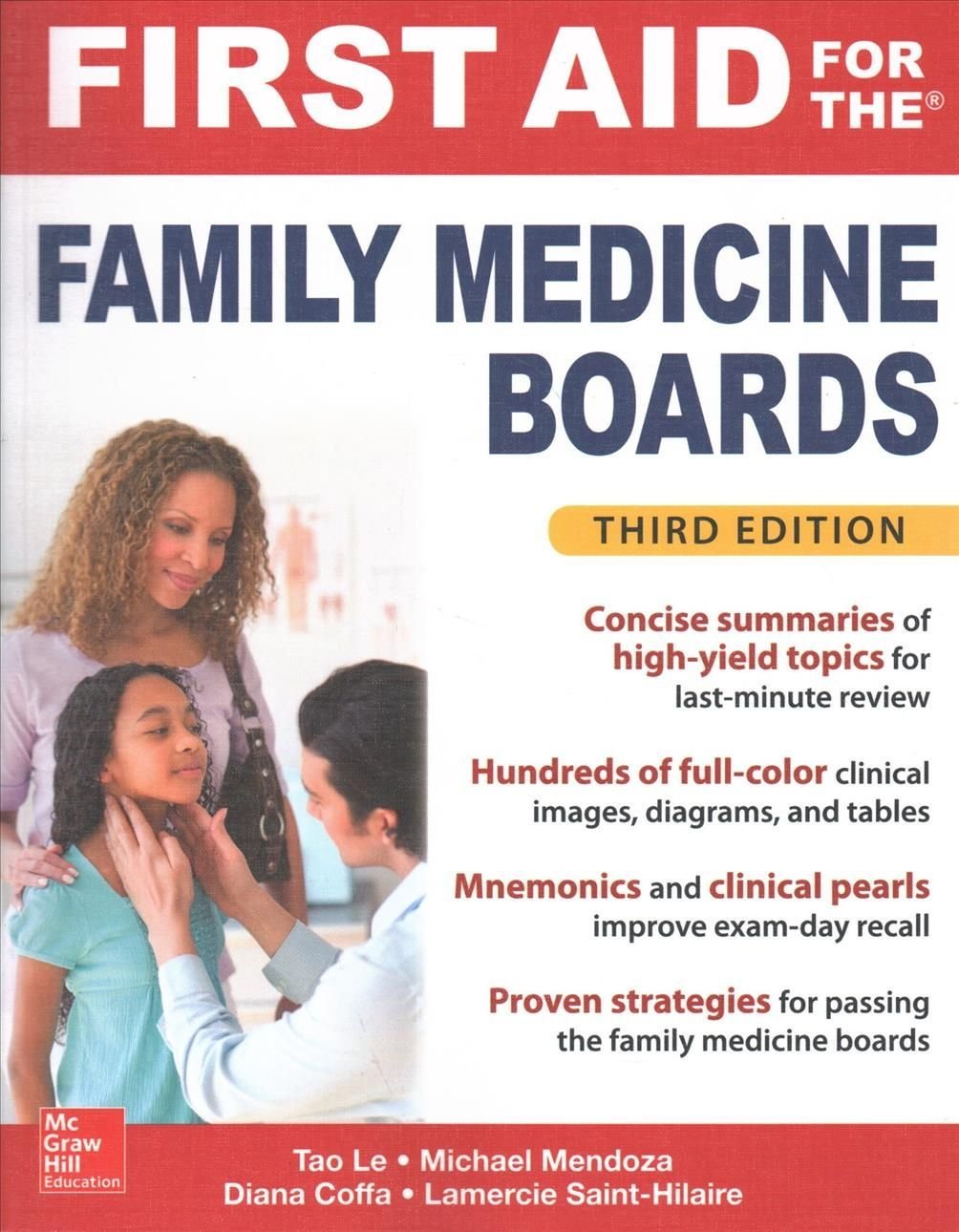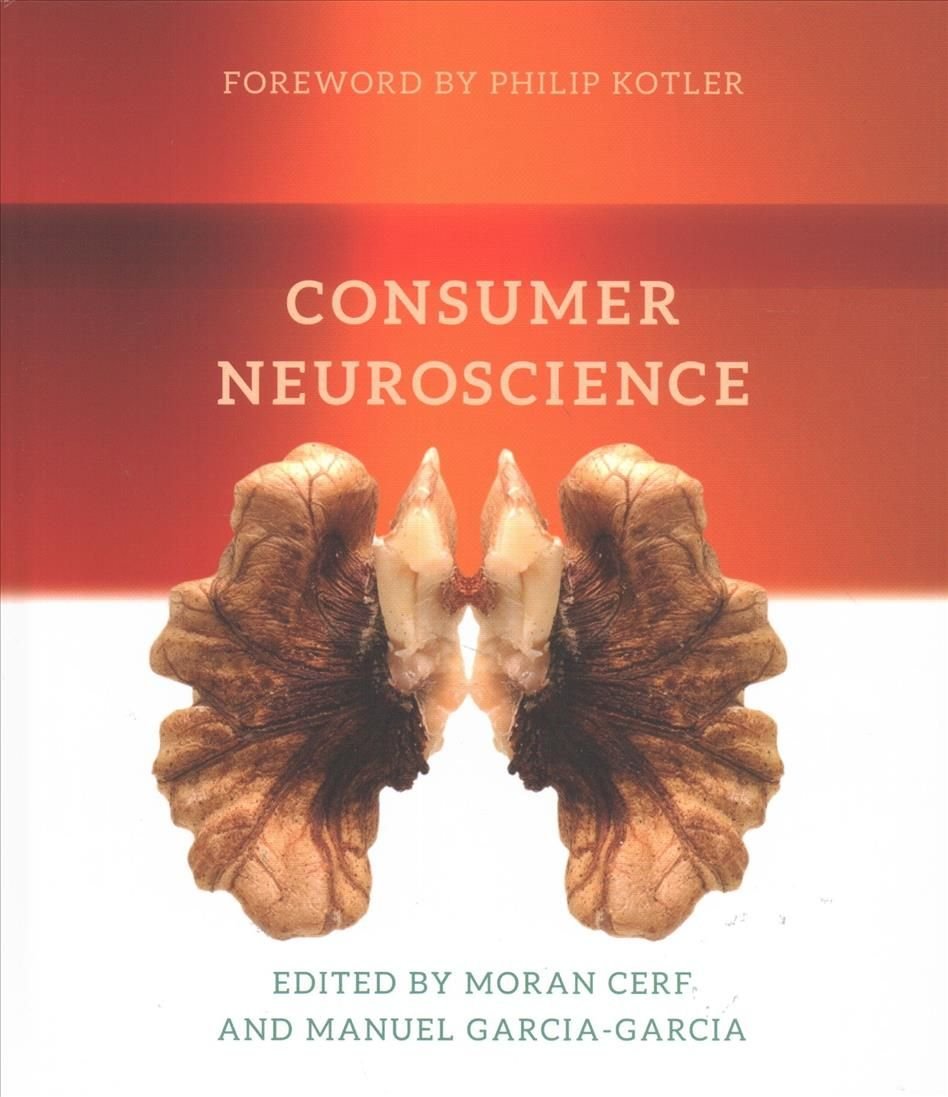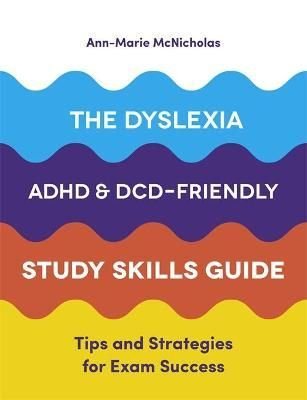A comprehensive guide for clinicians working with patients engaging in self-injury, this book provides information on clinical conceptualization, risk and protective factors, ways to assess for NSSI, treatment approaches and strategies, and early intervention and prevention strategies. Focusing on ethical and cultural considerations unique to schools, clinical agencies, and private-practice settings, the authors provide a practical and in-depth discussion of clinical theory. Procedures for determining risk and the potential problems with risk assessment, especially concerning suicide risk, are addressed. In addition to numerous exercises, examples, and suggestions for practical interventions, the book includes a variety of detailed worksheets and resources to expand readers’ level of understanding, monitor emerging trends, and provide a context for extended training. Several case studies are discussed and analyzed in order to highlight specific aspects of clinical conceptualization and treatment strategies. Drawn from a wide range of treatment populations and issues, this book is a valuable resource for clinicians and supervisors. The authors integrate outcomes-based research strategies and evidenced-based tools to help clinicians work with clients from diverse backgrounds.
